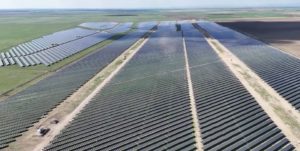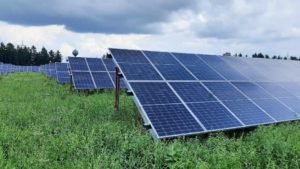ACUE: “The Government is dynamiting schemes for capping the price of energy delivered to customers”

ACUE notes with great concern that the funds allocated to finance the price reductions granted to household and non-household energy customers are almost non-existent, with the Transition Fund amounting to 0 RON. Consequently, the Federation requests the Government of Romania to confirm whether the allocated sum of 0 RON represents the decision to abandon the support schemes for energy consumers. In the case of maintaining the support schemes, ACUE requests the assurance of funding sources.
“The State Budget for 2024 must include the funding sources for the energy price capping schemes in 2024 and for the outstanding payments from 2023. The Ministry of Public Finance has chosen to ignore the existing problem and the real risk of an extremely dangerous situation for all citizens – the impossibility of being supplied with energy”, emphasizes Daniela Daraban, Executive Director of ACUE, the Federation that brings together some of the largest energy suppliers in Romania.
Now there are 1.9 billion RON pending payment at the Ministry of Energy and another 1.8 billion lei at ANPIS, for which there are no funding sources. At the same time, the funding sources related to the price reductions, which will be applied in 2024, should be budgeted, if the Romanian Government decides to maintain the support schemes.
“The ignorance demonstrated by the budget projection submitted to public debate will be paid for by energy consumers in Romania. The risk of insolvency of energy suppliers is a major one and will affect the entire energy sector. On behalf of the customers in our members’ portfolios, we warn with all responsibility that there is an imminent threat of being unable to provide the necessary energy, a collapse of the national energy system being as real as possible”, Daniela Daraban also pointed out.
The lack of budgets corresponding to the compensation of capping schemes seriously destabilizes the ability of suppliers to ensure the purchase of energy and, implicitly, the continuity of the safe supply of electricity and gas to households and companies in the middle of winter, representing a violation of national and European legislation.















